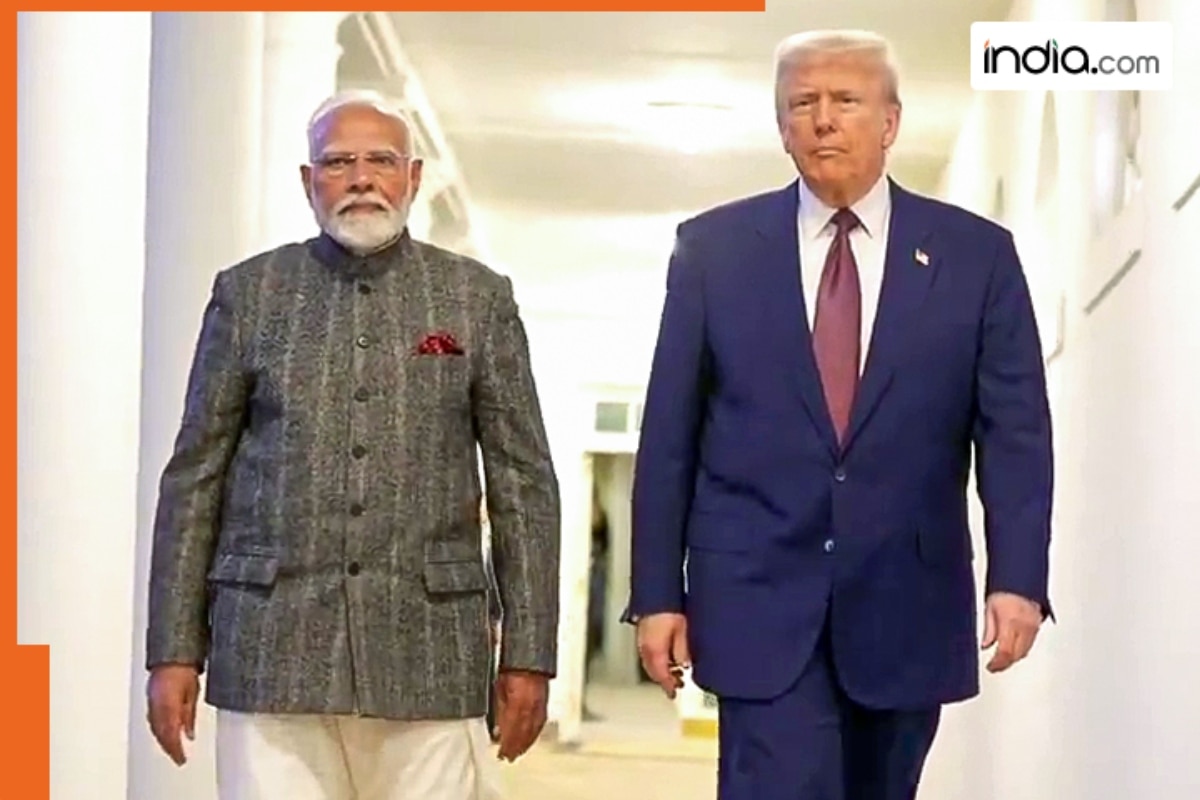President Donald Trump on Saturday signed new tariffs on goods entering the United States from Canada, Mexico, and China, heightening the risk of a trade war with the nation's closest trading partners. The decision could lead to higher prices for a wide range of products, including automobiles and avocados, with unclear timelines for implementation.
Uncertainty Around the Tariffs' Details
The exact timing and conditions under which the tariffs will be lifted remain uncertain. During a call with reporters on Saturday, a senior administration official explained that there would be "a wide range of metrics" involved in assessing the situation.
"In Donald Trump’s golden age, we will have only legal immigration, and we will have zero Americans dying from Chinese, slash Mexican, slash Canadian fentanyl," the official stated.
To alleviate potential disruptions, Canadian energy products, including gasoline and home heating oil, would face a lower tariff rate of 10%. The official emphasized that this measure was designed to minimize negative impacts on fuel prices.
Fentanyl and Trade Deficits as Justifications for Tariffs
Trump's decision to impose tariffs was motivated by his claims that Canada, Mexico, and China were allowing fentanyl to enter the U.S. More than 107,000 Americans died from drug overdoses in 2023, with nearly 70% of these deaths attributed to opioids, including fentanyl. Additionally, Trump cited the trade deficit as a reason for the tariffs, noting that the U.S. imports more from these countries than it exports.
Economists have predicted that the tariffs will drive up costs for consumers, impacting everything from vehicles to electronics, produce, and lumber. Tariffs are effectively a tax on imports, paid by U.S. companies bringing foreign goods into the country. While some businesses may look for alternative sources, others with no viable options will face higher fees.
Widespread Impact on US Economy
For instance, U.S. grocery stores will incur increased costs for fruits and vegetables from Mexico, homebuilders will face higher prices for Canadian lumber, and automakers will pay tariffs each time a component crosses the border during production. Companies must decide whether to absorb the costs or pass them onto consumers, potentially affecting their profits.
Given that the U.S. imports more from Mexico than any other country, the impact on the U.S. economy could be widespread.
Trump Promised Tariffs During Campaign
Tariffs have been a cornerstone of Trump's political platform, and he has positioned them as a solution to protect American industries. Trump argues that levies make foreign goods more expensive, thereby encouraging companies to produce goods domestically. Additionally, he has proposed using tariff revenue to fund other policy priorities.
"This is a beautiful, beautiful example of promises made, promises kept by President Trump," said the senior administration official.
However, economists argue that the tariffs imposed during Trump's first term, particularly those on China, largely failed to achieve the intended goals.
Challenges to the US-Mexico-Canada Agreement (USMCA)
The newly imposed tariffs also threaten the stability of the United States-Mexico-Canada Agreement (USMCA), one of Trump's signature trade achievements. The USMCA, which replaced the North American Free Trade Agreement (NAFTA), had largely facilitated tariff-free trade between the three countries.
The White House stated that Trump would impose the tariffs under the International Emergency Economic Powers Act. Despite the provisions of the USMCA, Trump argued that he possesses the legal authority to regulate imports in times of national emergency, a declaration he made on his first day of his second term.
Although most of Trump's tariff rhetoric during his campaign was focused on China, his attention has since shifted to Canada and Mexico. Both countries have vowed to retaliate, potentially making American products less competitive in their markets and negatively impacting U.S. businesses that rely on exports.





